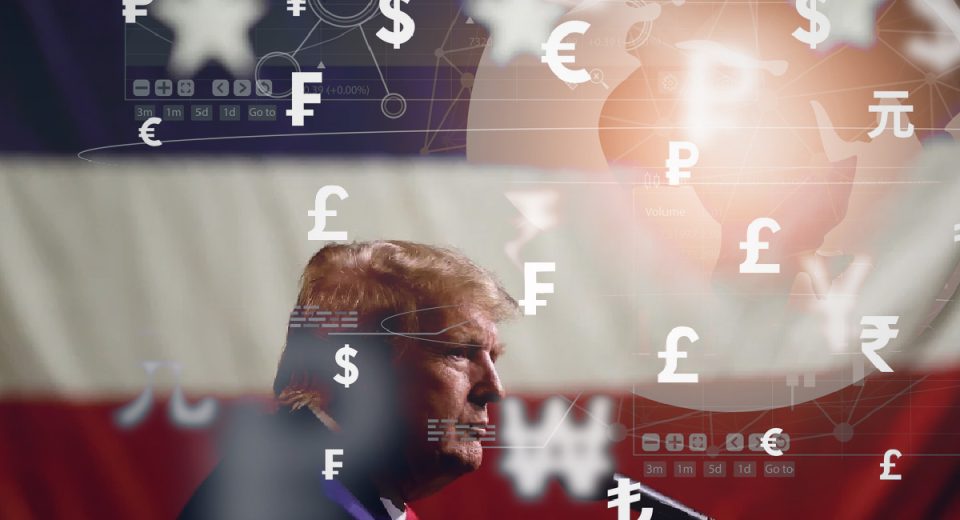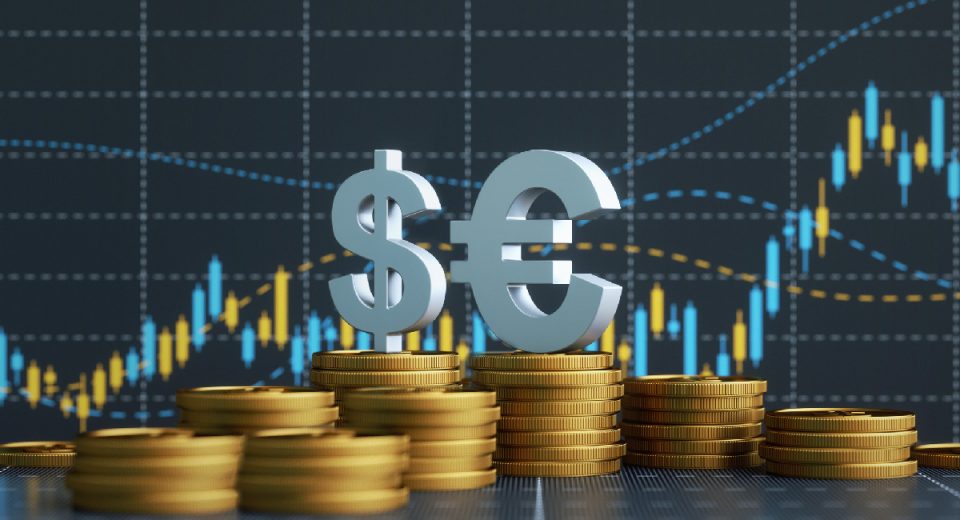Southeast Asia (SEA) is emerging as a hub of maturing forex markets and legal frameworks. The FX market in the region is forecast to grow at a CAGR of 10.41% between 2024 and 2032. Brokerages offer special Islamic accounts to enable traders of all faiths to participate in financial markets.
This is the second article of a two-part series looking into the legalities and tax implications of trading forex across a range of Southeast Asian countries.
All You Need to Know About Trading Forex in Malaysia
Forex trading is legal in Malaysia, with stringent customer protection regulations. The Bank of Negara Malaysia (BNM) issues licenses for onshore and offshore banks and brokerages to facilitate forex trading in the country. To facilitate exposure to international standards of trading, Malaysian traders can choose a forex broker licensed in other major jurisdictions, such as the UK, Europe, Singapore, and Australia.
Leverage Cap for CFD Trading
The maximum leverage permitted for CFD trading is limited to 1:50 to protect traders. Additionally, the government mandates brokerages to provide adequate risk management education and technical framework to improve trading experiences.
Trading Gains are Taxable in Malaysia
While capital gains are largely tax-free, profitable forex income is taxable in Malaysia, based on the residency status of the trader. While non-residents are taxable only on income earned from the country, residents must pay taxes on worldwide income. The tax liability may range from 1% to 30%, depending on whether the profits are above MYR 5,000. However, using an Islamic account can help reduce tax obligations. Top brokers offer swap-free and interest-free Islamic accounts to help traders optimise their portfolios.
Why Trade Forex in Singapore
Singapore is the FX trading hub of Asia. With a rapidly growing financial sector, the country attracts leading global banks and financial services providers. The Monetary Authority of Singapore (MAS) is responsible for regulating and maintaining the stability of the country’s foreign exchange market. Forex earnings are treated under individual taxation laws in Singapore, based on income level, with effective rates ranging between 0% to 22%. While major FX pairs can be traded at a margin of 50:1, leverage for minor and exotic pairs is limited to 20:1. The good news is that while trading CFDs, traders do not have to pay stamp duty since they don’t “own” the underlying asset. Traders should register only with regulated brokers to optimise their trading experiences in the FX markets.
Legal Considerations to Trade Currency Pairs in Indonesia
The Financial Services Authority (FSA) of Indonesia oversees all activities of the financial services sector, including forex trading. Additionally, financial trading agencies in the country are regulated by BAPPEBTI, a division of the country’s Ministry of Finance. For individual traders who have forex as their only source of earning, a tax of 20% is levied on the final income. However, for traders with other sources of income, taxes on FX profits can range between 5% and 35%, based on their total income. While trading the Indonesian rupiah (IDR) is restricted, investors can freely speculate on the USD, EUR, CAD, GBP, etc. Margin traders are offered leverage of 1:100 on major forex pairs, such as the USD/GBP, and 1:20 for minor ones, such as the NZD/JPY.
Trade Forex 24/5 in the Philippines
Filipinos popularly trade forex over the counter and via derivatives, such as CFDs. Bangko Sentral ng Pilipinas (BSP) and the Securities and Exchange Commission (SEC) regulate the country’s FX market together. Only brokers with a minimum capitalisation of P300 can legally provide FX trading services in the Philippines. Profits from forex trading are subject to taxation rates of 5% to 15%, based on the trader’s net income level. The good part is that traders can claim forex losses against itemised deductions for up to 3 years. The country has stringent regulations to protect traders, provided they choose regulated brokerages.
Forex Trading is Legal in Brunei
Due to the absence of domestic regulators, retail traders can trade forex through global brokerages that are licenced by Tier-1 regulators. Trading gains are taxable as revenue gains in the country. These are taxed at a rate starting from 22%. Traders can fund their accounts with the Brunei dollar (B$) and convert it to USD to trade in forex markets.
Tips To Chose a Suitable Broker in Your Country
- Make sure they are regulated and offer a wide range of assets.
- Pick a brokerage with a variety of account types for traders of all experience levels.
- Choose one that has a global presence to enjoy a world-class trading experience.
- Ensure that the user interface is intuitive and easy to learn with the help of a demo account.
- A brokerage that offers trading education allows beginners to learn as they grow.
- Make sure they offer great customer service across multiple channels.
Disclaimer
All data, information, and materials are published and provided “as i” solely for informational purposes only and are not intended nor should be considered, in any way, as investment advice, recommendations, and/or suggestions for performing any actions with financial instruments. The information and opinions presented do not take into account any particular individual’s investment objectives, financial situation, or needs, and hence do not constitute advice or a recommendation concerning any investment product. All investors should seek advice from certified financial advisors based on their unique situation before making any investment decisions by their personal risk appetite. Blackwell Global endeavours to ensure that the information provided is complete and correct, but makes no representation as to the actuality, accuracy, or completeness of the information. Information, data, and opinions may change without notice and Blackwell Global is not obliged to update on the changes. The opinions and views expressed are solely those of the authors and analysts and do not necessarily represent those of Blackwell Global or its management, shareholders, and affiliates. Any projections or views of the market provided may not prove to be accurate. Past performance is not necessarily indicative of future performance. Blackwell Global assumes no liability for any loss arising directly or indirectly from the use of or reliance on such information herein contained. Reproduction of this information, in whole or in part, is not permitted.





